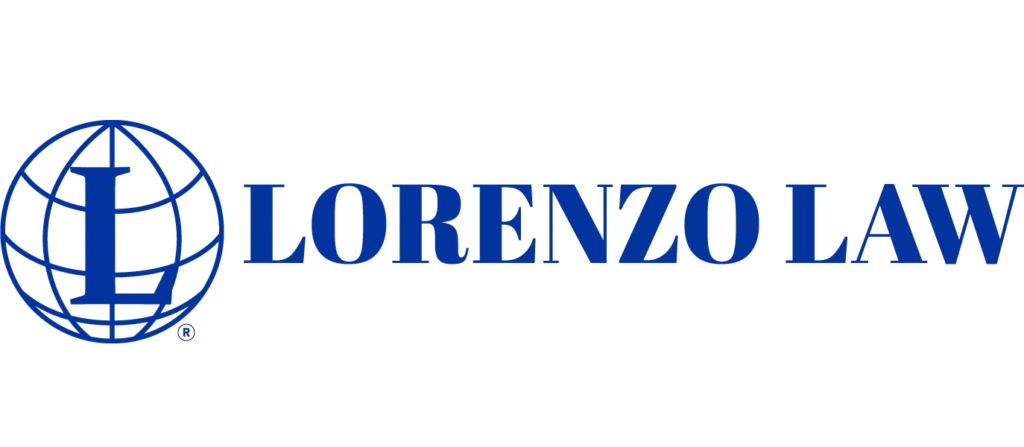With the new wave of technology in the form and function of creative artificial intelligence, the creative fields and their products are witnessing a new creator and much more. The aspect of copyright cannot be considered without the concern for protection. Any needed effort to monitor ongoing copyright interests will become a routine task with greater importance.
As AI technologies continue to enhance their capabilities into the generative features and grow in sophistication and adoption, writers and creators will have to address serious concerns regarding the intersection of their copyrights and the expansion of AI into the creative fields. There are varied concerns. These concerns range from the unauthorized use of copyrighted materials for training AI systems, to questions of ownership, considerations for attribution, and the consequence of economic displacement. The legal landscape is uncertain, as there are multiple high-profile lawsuits and regulatory debates beginning to address, at least in conceptual aspects, what the future of intellectual property rights will look like in the era of AI.
There are considerable issues and one of them is the unauthorized use of copyrighted works to train AI models. Many AI systems are trained on massive datasets scraped from the internet, which include books, articles, lyrics, scripts, and images—often without the permission of the copyright holders. This concern led the Author’s Guild to pursue legal action, i.e., such as Authors Guild v. OpenAI, where writers like Paul Tremblay and Mona Awad allege that their copyrighted books were used without consent. Similarly, Getty Images v. Stability AI (2023), Getty Images sued Stability AI for allegedly scraping its image library to train generative models. These actions potentially violate 17 U.S. Code § 106, which grants copyright owners exclusive rights to reproduce and prepare derivative works [concerns outside the purview of this article]. Also, the defense of the Fair Use Doctrine (17 U.S.C. § 107) is assailed as significant piece in the copyright puzzle, where as a defense, some AI companies are arguing that it applies. But in practical terms, it is case-specific defense, and it remains unsettled in the context of contributing to enabling AI.
Another significant concern is determining what is the result of human authorship and what is determining ownership of generated AI content? The U.S. Copyright Office has made clear that works created solely by AI are not eligible for copyright protection, as they lack the necessary element of human authorship. In Thaler v. Perlmutter (2023), the court upheld the Copyright Office’s refusal to register AI-generated images produced by the DABUS system. However, if a human contributes creatively to the AI-assisted work, limited copyright protection may be possible. This position was reaffirmed in the U.S. Copyright Office’s March 2023 Guidance requiring disclosure of AI use and reviewing human contribution on a case-by-case basis.
An additional concern relates to works being replicated with AI. Creators and writers are reasonably concerned over the risk of their works being mimicked or replicated in AI-generated outputs, even if the duplication is unintentional. If an AI-generated work bears substantial similarity to a protected original, it can result in infringement liability. One such case raising the issue of replication is Sarah Silverman et al. v. Meta and OpenAI (2023). The plaintiffs claimed that AI outputs contained material directly lifted from their copyrighted works. Courts consider whether such use constitutes fair use under 17 U.S.C. § 107, but as established in Harper & Row v. Nation Enterprises, 471 U.S. 539 (1985), the right to control reproduction remains a cornerstone of copyright law.
The market impacts bring other concerns. For instance, economic and business impacts caused by AI-generated content flooding the markets, will reduce demand for original works creative works which will ultimately devalue human creativity. This harm to market potential is a critical element in assessing fair use, as noted in Campbell v. Acuff-Rose Music, Inc., 510 U.S. 569 (1994). An imbedded aspect of market factors is the potential for loss of income for many professionals in the creative and writing fields. It is anticipated that creative functions of AI will result in lost income and reduced opportunities as AI replaces human labor in areas such as journalism, graphic design, and songwriting. These considerations are being taken by monetizing platforms regarding the propriety nature of content that is being published.
Complicating the previously stated market concerns is the lack of transparency in AI training and output. For instance, creators cannot determine whether or how their works were used. This obscurity hinders enforcement of copyright rights and raises concerns about attribution. In the U.S., while the law does not offer strong and comprehensive protection for artists’ moral rights, the Visual Artists Rights Act (VARA) provides limited rights of attribution and integrity specifically for certain works of visual art.
It is encouraging that courts and lawmakers are actively working to resolve these challenges. In the U.S., Congress has introduced proposals to regulate AI training practices and protect creators through greater transparency and licensing frameworks. The European Union has already passed the AI Act (2024), requiring disclosures about training data and promoting ethical AI development. Scholars and industry experts debate the limits of fair use in the AI context, with many calling for collective licensing systems like ASCAP and BMI in the music industry. That is still being debated.
Final thoughts, though AI offers transformative possibilities, with a lot of benefits, also poses existential risks to the rights and livelihoods of writers and creators. Until more definitive legal guidance is available, creators should proactively protect their work by registering copyrights, monitoring AI developments, and engaging with advocacy groups pushing for balanced intellectual property reforms.
© 2025, All Rights Reserved. Lorenzo Law, LLC.
